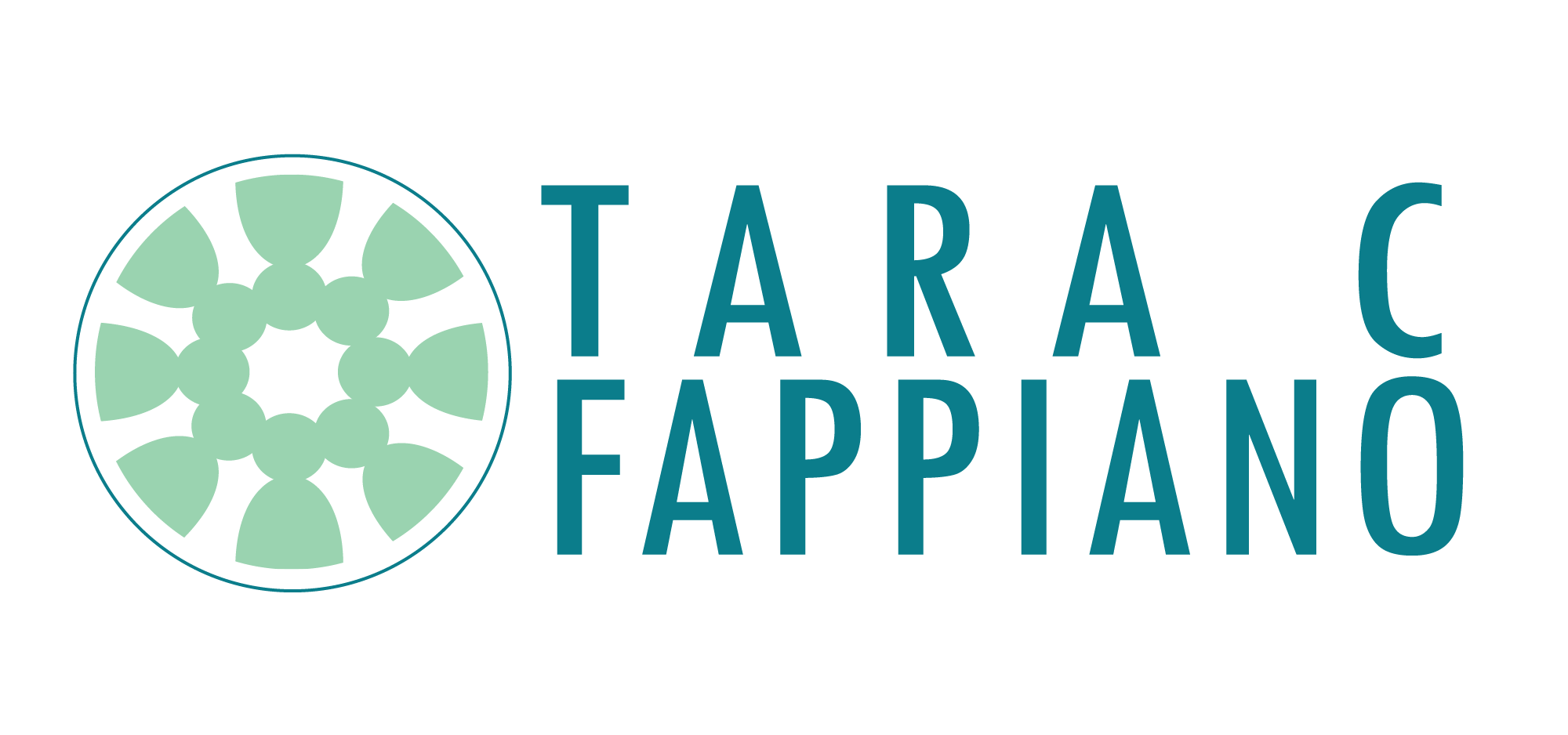This public health crisis, for many school districts, comes at a time that annual reviews for special education services were already underway.
Some students may have already had reviews, whereas others may have had a review scheduled. Some districts may be planning to proceed with meetings-but are doing so virtually. Other districts may have suspended the process, leaving families anxious about whether special education services will be jeopardized for the next academic year.
While every situation presents individual challenges, and there will be varying responses from different Districts, the following is some practical advice for parents:
If you have not received notice of a meeting date, reach out to your district’s special education coordinator via email. While many district offices have had to close during this crisis, most administrative staff are working remotely and should be able to respond to your request. The meeting may be set, but a physical notice not yet sent.
If you have a meeting date, but do not know whether it will proceed, you may also reach out by email to find out. Telephone calls may also be routed so that answered can be provided over the phone.
If you are advised that a meeting has been set and you are being asked to attend virtually but you do not have the physical capabilities to do so (limited technology or Wi-Fi access, for example), you may request that the meeting be postponed. You have a right to attend the meeting as the parent or guardian. The district may also be able to assist you with resources to allow for a virtual meeting to proceed. For example, many internet providers are offering free upgrades or Wi-Fi accounts to families in need. It is also worth noting that many video conferencing solutions do allow for a voice-only option if you do not have a webcam, or need to participate by telephone.
If you decide that attending a virtual meeting is possible, and you wish to do so, you should prepare for a substantive discussion. That means:
Request an interpreter-this applies to language-based concerns and to accommodate a disability.
Get copies of all progress reports and evaluation reports that will be discussed, in advance of the meeting. If that cannot be done electronically, request a postponement of the meeting until the documents can be provided to you safely.
Schedule a discussion with your child’s teacher or other team member in advance of the meeting, via telephone, so you may address any concerns or topics that will be discussed during the meeting.
If your child needs accommodations or modifications to his or her Individualized Education Program to successfully participate in distance learning, put the district on notice that you wish to discuss that issue during the Annual Review meeting. You can take steps to amend the current Individualized Education Program. While the District is not required to address these concerns at this meeting, it may be willing to do so to ensure your child is making progress toward his or her current IEP goals. If not, it may schedule a separate meeting for this purpose.
If you have concerns about any of the special education services your child should be receiving, but is not due to school closures, you may voice those concerns at any time. Collaboration and reasonable discussions, being mindful of the unprecedented challenges of this health crisis, are ultimately in the best interest of the district, educators, families, and, most importantly, students.
Tara C. Fappiano is an Advocate, Attorney, Mediator and Parent of a Child with Special Needs. www.tarafappiano.com, tcf@tarafappiano.com


